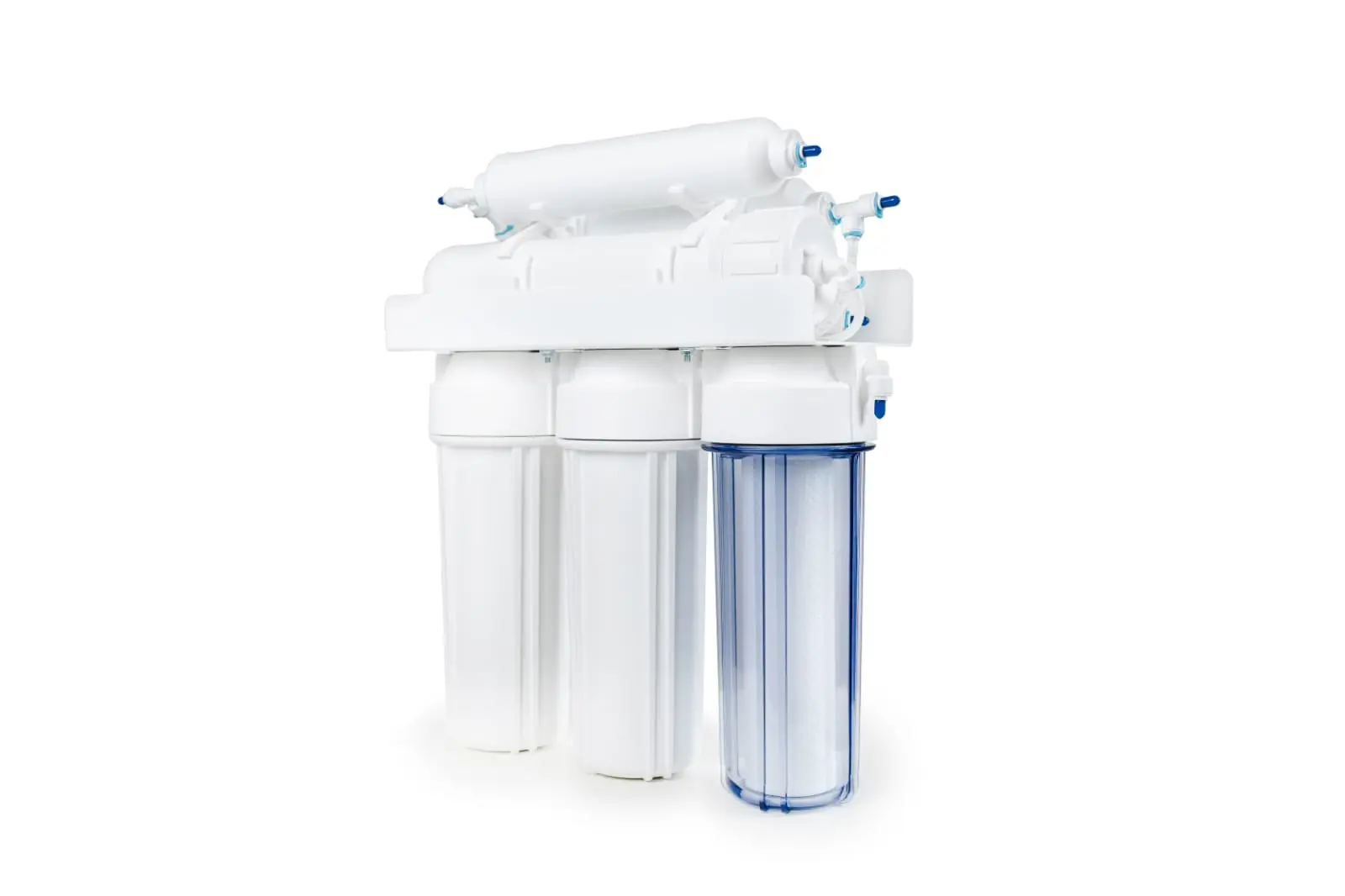Access to clean water is vital for our well-being, but unfortunately, many water sources are contaminated, impacting the taste, safety, and overall quality of the water we use. This is where water filtration becomes so important, as it effectively removes these unwanted impurities, making the water much safer for us to drink and use daily. Knowing how filtration works can help you select the best system. Whether looking to improve water quality at home, at your business, or even out in nature, filtration systems offer a reliable way to ensure cleaner, healthier water.
How Water Filtration Works
Water filtration systems remove impurities through physical, chemical, or biological processes. Physical filtration uses fine meshes or porous materials to trap particles like dirt, sand, and rust. Chemical filtration uses activated carbon, ion exchange, or other chemicals to remove chlorine, heavy metals, and poisonous chemicals. Some newer models utilize biological filtration, where beneficial bacteria break down organic pollutants.
Reverse osmosis is widely used to filter water; it forces water through a special membrane that catches even the smallest impurities. Another method, ultraviolet (UV) purification, zaps bacteria and viruses with light, giving your water an added layer of safety. Various filtration systems are designed to tackle specific threats, like heavy metals or tiny living things. Picking the right Water Filter means you get purer, safer water daily.
Common Contaminants in Drinking Water
Unfiltered water might hide nasties that aren’t good for you or your taste buds. While cities often use chlorine and chloramines to clean water, these can, unfortunately, leave a yucky aftertaste. Old pipes can also leach heavy metals like lead, mercury, and arsenic into the water, which is bad for your health. Depending on where you live, you might also find pesticides, industrial waste, or even microplastic residues in your tap water.
When harmful microorganisms like bacteria, viruses, and parasites find their way into our drinking water, they can make us sick. Even water from natural sources isn’t always pure; it can contain dirt, algae, and other organic materials that make it look and smell bad. That’s where filtration systems come in handy. They’re designed to tackle these problems, giving us cleaner and safer drinking water.
Benefits of Using a Water Filtration System
Water filtration systems improve your water’s taste, smell, and general quality by eliminating harmful substances. Filtering out chlorine and heavy metals makes the water much nicer to drink, meaning you don’t need to buy bottled water so often. This is a win-win because it saves you money and is kinder to the planet by reducing plastic waste. Plus, having access to clean, fresh water means you’re more likely to develop healthy hydration habits.
Beyond just improving taste and saving you money, filtered water is also much better for your health. It cuts down on your exposure to harmful substances that might lead to severe health problems down the line. If you have sensitive skin or are prone to allergies, using filtered water can make an incredible difference in the overall condition of your skin and hair since it removes chlorine and other harsh chemicals. Plus, filtration helps keep minerals and sediments from clogging up your appliances, like coffee makers and water heaters, ultimately making them last longer and work better.
Also Read-Maximizing Efficiency with Space-Saving Training Tables
